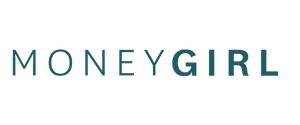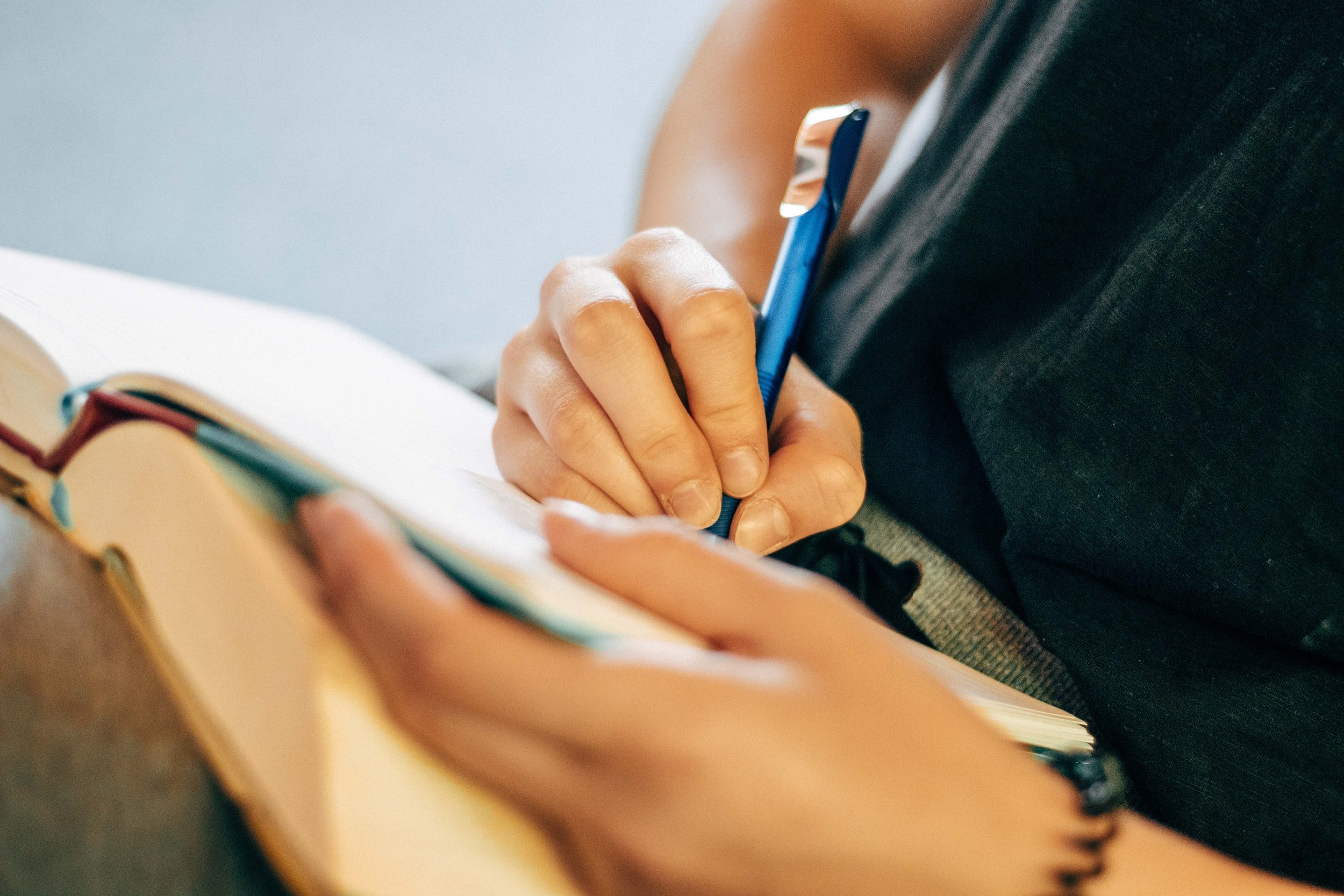Money Lessons from the Pandemic
I was halfway through writing MoneyGirl when the coronavirus pandemic hit the world. It didn’t take me long to realize the lessons to be learned by everyone affected during such a black swan event, lessons that I was already trying to relay in my book.
Plan ahead. Be intentional with your money. Budget. Live beneath your means.
When governments began to shut down their entire economy as a means to slow the progression of the virus, it quickly became apparent who had been responsible with their money and who hadn’t. Many people were suffering from anxiety, depression, and stress just trying to figure out how they were going to pay their bills if they were out of work.
Those who had kept their debts to a minimum, who had money in savings and had planned ahead to be prepared for unforeseeable events did not experience nearly the level of stress and anxiety as the people who weren't prepared. In fact, they were able to use the downtime to better their lives AND the lives of people around them.
Personally, during the first week of the shutdown, I kept thanking God that I had planned for a downturn in the economy. I never knew when or why it was going to happen, but I always had the mindset of better safe than sorry. The hardest part for me was considering the people who hadn’t prepared for this lean time; the people that could not offer help to others, and could not spend money to help rejuvenate the economy. Those same people would end up losing their homes because they did not have the ability to pay their rent or mortgage.
The people who planned ahead were the ones that could help those in need by providing toilet paper, water, resources, donations, etc.
Here’s the interesting part. A lot of people got used to staying at home and conserving their money. Whether it was a state-mandated lockdown that kept people from leaving their homes or because they weren’t sure where their next paycheck was coming from, people quickly learned how much money they could save by simply not going out all the time. That was a sacrifice that I made when I was trying to stockpile capital to put toward money-making assets. There were months and months over the years that I essentially underwent a self-imposed quarantine and said no to social invitations, purely so I could save that money for something more important. While I wish that more people were willing to do that without it being a government-imposed quarantine…whatever helps them learn that lesson is better than not learning it at all.
People who thought that Taco Tuesday every week was a necessity, quickly learned how much money they saved by not doing that once the restaurant closed. People who thought that buying a new pair of shoes every month was a way of life, learned quickly that they can live without that once they had to be more mindful of their spending when their job sent them home. It shouldn’t require a national emergency to prioritize getting your money in order.
Think about the people that lived through The Great Depression in America. That generation grew up to be the most mindful with their assets and the least wasteful with their income and resources. They were defined by years of scarcity and what they took from it were lessons that benefited them for decades to come. Coronavirus may end up being what made people wake up and take charge of their financial house, similar to The Great Depression. But it shouldn’t be. We should embrace financial responsibility without being forced to do so by an unpredictable time in history. Why should anyone have to learn this lesson the hard way? You can choose NOW to take charge of your financial future and build a foundation that will sustain you through a time when you may unexpectedly not have work for an uncertain amount of time.
I’ve spoken about how getting your finances on a solid footing provides a peace of mind that people living beyond their means do not have. That’s on a daily basis, just in general. Imagine how amplified that dread is once something like an economic shutdown or even downturn presents itself? So yes, while this blog is illustrating the reasons why you need to prepare your financial house for world disasters…you will reap similar benefits in your everyday life even when the economy is rolling along smoothly. Peace of mind is priceless. Those who have always operated in debt are just used to that feeling of dread and don’t even know what it is like to not be worried about their next paycheck.

